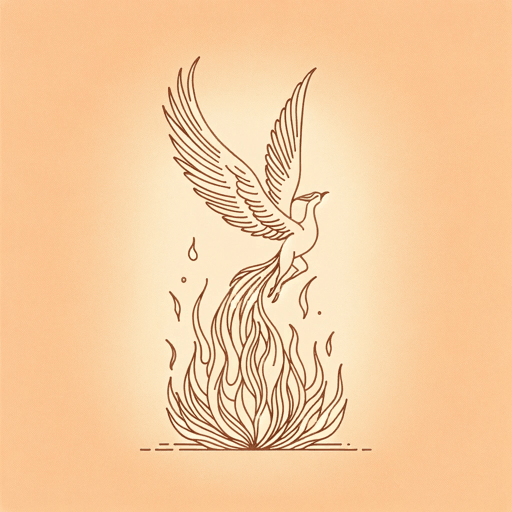69 pages • 2 hours read
C. S. LewisMere Christianity
Nonfiction | Essay Collection | Adult | Published in 1952A modern alternative to SparkNotes and CliffsNotes, SuperSummary offers high-quality Study Guides with detailed chapter summaries and analysis of major themes, characters, and more.
Symbols & Motifs
War
Having served as an infantryman during World War I, Lewis had first-hand experience of battle. What’s more, much of Mere Christianity originally took the form of radio addresses delivered to the British public in the midst of World War II. It is therefore not surprising that Lewis often reaches for the language of warfare and combat to describe the Christian life—and, in particular, the conflict between good and evil—to his audience. Here, for instance, is Lewis’s account of humanity’s fallen nature: “[F]allen man is not simply an imperfect creature who needs improvement: he is a rebel who must lay down arms” (56).
Of course, this kind of rhetoric is not unique to Lewis, though he often gives it a more modern twist, as when he talks about listening to a “secret wireless” in church (46). In fact, not only has militaristic language permeated Christian writings, it has shaped Christian practice in the form of historical events like the Crusades. However, this raises an important point: The Crusades (and in fact war in general) were filled with acts that seem deeply un-Christian. In fact, some Christians would argue that the Bible prohibits killing at all.
Related Titles
By C. S. Lewis

A Grief Observed
C. S. Lewis

Out of the Silent Planet
C. S. Lewis

Perelandra
C. S. Lewis

Prince Caspian
C. S. Lewis

Surprised by Joy
C. S. Lewis

That Hideous Strength
C. S. Lewis

The Abolition of Man
C. S. Lewis

The Discarded Image
C. S. Lewis

The Four Loves
C. S. Lewis

The Great Divorce
C. S. Lewis

The Horse And His Boy
C. S. Lewis

The Last Battle
C. S. Lewis

The Lion, the Witch and the Wardrobe
C. S. Lewis

The Magician's Nephew
C. S. Lewis

The Problem of Pain
C. S. Lewis

The Screwtape Letters
C. S. Lewis

The Silver Chair
C. S. Lewis

The Voyage of the Dawn Treader
C. S. Lewis

Till We Have Faces
C. S. Lewis

